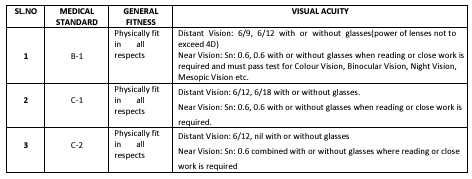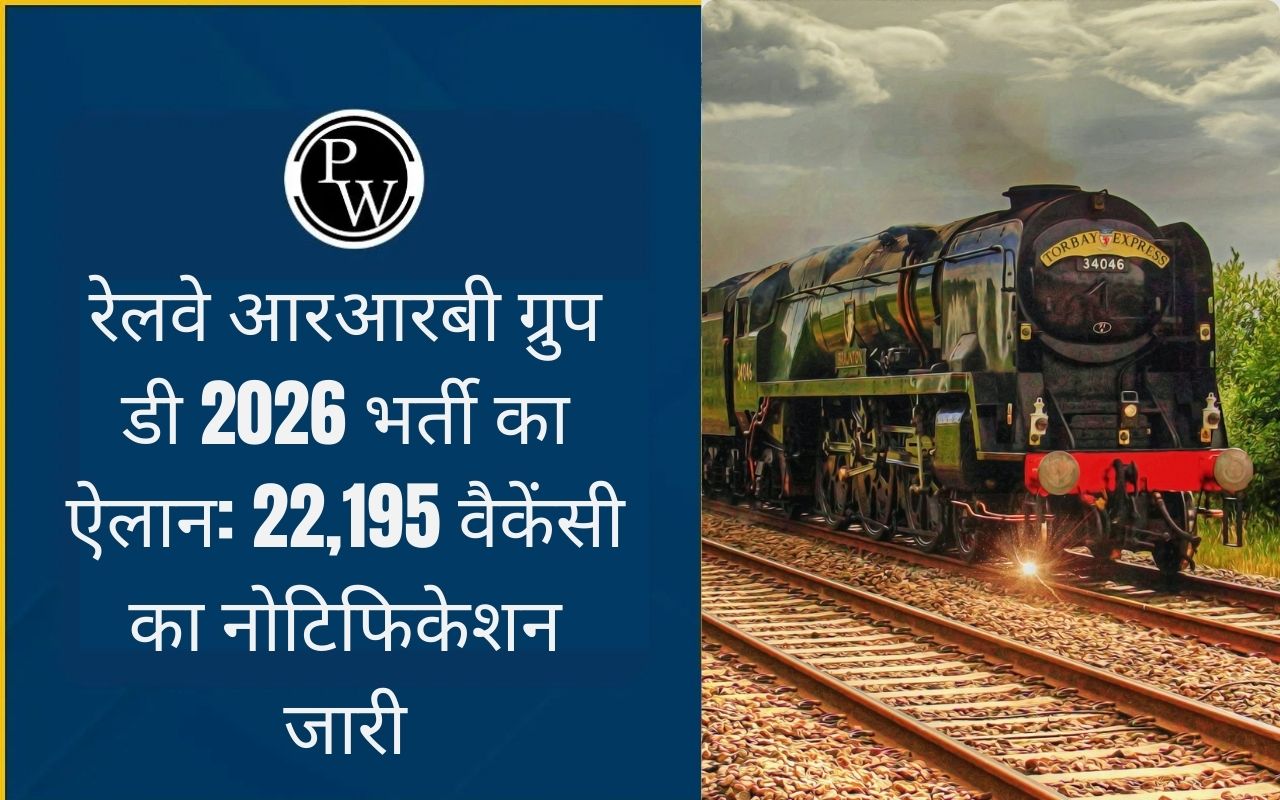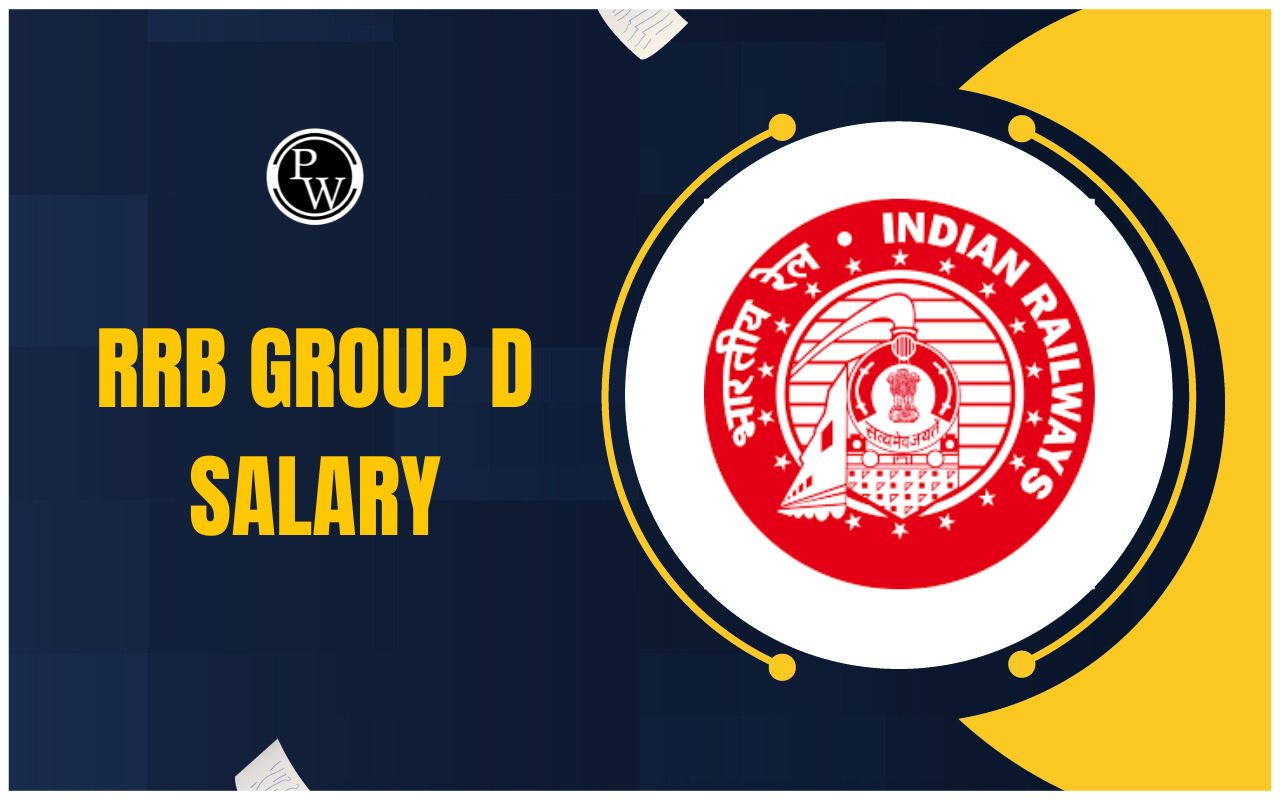
RRB Ministerial and Isolated Categories Selection Process: The Railway Recruitment Board (RRB) conducts exams for various positions under the Ministerial and Isolated Categories. These posts include roles like PGT, Music Teacher, TGT, Librarian, and others. The selection process for these positions is designed to assess the candidates' qualifications, skills, and suitability for the job. Check the comprehensive overview of the RRB Ministerial and Isolated Categories Selection Process 2025 here.
RRB Ministerial and Isolated Categories Selection Process
RRB Ministerial and Isolated Categories recruitment is aimed at filling vacancies in various departments of the Indian Railways. These categories comprise a wide range of job profiles, each requiring specific skills and qualifications. The recruitment process is conducted by the Railway Recruitment Boards across different regions of India.RRB Ministerial and Isolated Categories Selection Process 2025
The RRB Ministerial and Isolated Categories Selection Process typically involves the following stages. Each stage of the selection process is crucial and candidates must clear each stage to proceed to the next.- Computer Based Test (CBT)
- Skill Test (Post Specific)
- Document Verification
- Medical Examination
RRB Ministerial and Isolated Categories Computer Based Test (CBT)
The first stage of the selection process is the Computer Based Test (CBT). The CBT is designed to assess the candidates' knowledge and aptitude relevant to the job profile. The exam pattern for the CBT generally includes the following sections:| RRB Ministerial and Isolated Categories Exam Pattern | |||
| Section | No. of Questions | Maximum Marks | Duration |
| Professional Ability | 50 | 50 | 90 Minutes 120 Minutes (PwBD Candidates) |
| General Awareness | 15 | 15 | |
| General Intelligence and Reasoning | 15 | 15 | |
| Mathematics | 10 | 10 | |
| General Science | 10 | 10 | |
| Total | 100 | 100 | |
RRB Ministerial and Isolated Categories Marks
The total mark for the CBT is 100. The exam duration is typically 90 minutes. For candidates requiring scribes, the duration is extended to 120 minutes.Check also: RRB Ministerial and Isolated Categories Exam Date
RRB Ministerial and Isolated Categories Negative Marking
There is a negative marking scheme in the CBT. For every incorrect answer, 1/3rd of the marks assigned to the question are deducted.
RRB Ministerial and Isolated Categories Syllabus
The syllabus for the CBT varies according to the post. However, it generally includes topics from:
- General Awareness: Current Affairs, Indian History, Geography, Indian Polity, General Science, etc.
- General Intelligence and Reasoning: Analogies, Coding-Decoding, Similarities and Differences, Syllogism, Data Sufficiency, etc.
- Mathematics: Number System, Ratio and Proportion, Percentage, Time and Work, Algebra, Geometry, etc.
- Professional Ability: Subject-specific questions relevant to the job profile.
RRB Ministerial and Isolated Categories Skill Test
Depending on the specific post, candidates who qualify for the CBT are required to undergo a Skill Test. The type of skill test varies based on the job profile:
Junior Translator Skill Test
The selection process for Junior Translator/Hindi includes a Computer-Based Test (CBT) followed by a qualifying Translation Test. The CBT is designed to evaluate both English and Hindi language skills. At least 50% of the questions focus on language proficiency, with 20% covering English and 30% covering Hindi. The remaining questions test General Knowledge, General Intelligence, Basic Arithmetic, and Computer Fundamentals. Details of the language syllabus are available in Annexure-VII. The Translation Test is conducted for candidates who rank in the top 10 per vacancy in the CBT. It is a qualifying test requiring a minimum of 60% to pass. However, the final merit list is based solely on CBT scores, and failing the translation test disqualifies a candidate.
Performance Test/Teaching Skill Test
Teachers are selected based on their performance in a Written Test (CBT) and a Teaching Skill Test. The written test holds 85% weightage in the final score. The Teaching Skill Test evaluates candidates' teaching methodology, subject expertise, classroom management, and problem-solving skills. Candidates are required to deliver a PowerPoint presentation on a topic assigned on the spot.
RRB Ministerial and Isolated Categories Document Verification
Candidates who qualify for the CBT and Skill Test are called for Document Verification. During this stage, candidates must produce the original documents to verify their RRB Ministerial and Isolated Categories eligibility criteria. The documents typically required include:- Educational Certificates: Mark sheets and certificates of the qualifying examination.
- Identity Proof: Aadhaar card, Voter ID, Passport, etc.
- Category Certificate: For candidates belonging to SC/ST/OBC/EWS categories.
- Experience Certificates: If applicable, for posts requiring prior experience.
- Other Relevant Documents: As specified in the recruitment notification.
RRB Ministerial and Isolated Categories Medical Examination
The final stage of the selection process is the Medical Examination. The medical fitness of the candidates is assessed to ensure they are physically and medically fit for the job. The medical standards vary from B1 to C2 based on the job profile. The medical examination typically tests visual acuity. Check detailed medical criteria in the snippet below:
RRB Ministerial and Isolated Categories Final Selection and Merit List
The final selection of candidates is based on their performance in the CBT, Skill Test, and their medical fitness. A merit list is prepared, and candidates are selected based on their ranking in the merit list. The merit list is published on the official website of the respective RRB.Preparation Tips for RRB Ministerial and Isolated Categories Exam
Preparation tips for the RRB Ministerial and Isolated Categories exam are as follows:- Understand the Syllabus and Exam Pattern: Candidates should thoroughly understand the RRB Ministerial and Isolated Categories syllabus and exam pattern for the CBT and Skill Test. Knowing the weightage of each section helps in planning the preparation strategy.
- Regular Practice: Regular practice of mock tests by PW and previous years' question papers is essential. It helps in understanding the types of questions asked and improving time management skills.
- Focus on Weak Areas: Identify and focus on weak areas to improve overall performance. Allocate more time to subjects or topics that require additional attention.
- Stay Updated: Stay updated with the latest notifications, exam dates, and other important information by regularly visiting the official RRB website.
- Improve Speed and Accuracy: For skill tests like stenography or typing, improving speed and accuracy is crucial. Regular practice using relevant software or tools can help in enhancing these skills.
RRB Ministerial and Isolated Categories Selection Process 2025 FAQs
What is the first stage of the RRB Ministerial and Isolated Categories selection process?
What documents are required for the Document Verification stage?
What is assessed during the Medical Examination?










